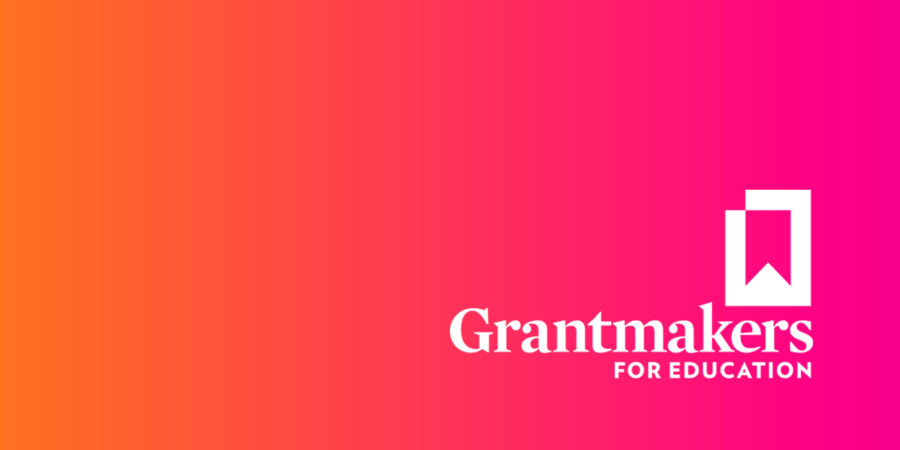Resources
Knowledge begins here
but never ends.
Curated reports, deep research, informational articles, podcasts. Everything you need to stay well
informed in the world of education grantmaking.
Staying Connected: A Note to Our Members

How We Show Up
Philanthropy Pulse Check: January 2026
Member Insights: Investing in the Deep South
.
FILTER RESOURCES
SEARCH RESOURCES
Investing in California’s Data Future: How California’s P–20W Cradle-to-Career Data System Could Take the State from Last to First
This case study on California’s P–20W Cradle-to-Career Data System is a deep dive into what made the state’s process so successful, and provides insights for other state leaders looking to build or improve their own state data system.
50-State Comparison: Dual/Concurrent Enrollment Policies
Education Commission of the States researched dual/concurrent enrollment policies in all states to provide this comprehensive resource. Data is provided by program within each state.
Hidden in Plain Sight: A Way Forward for Equity Centered Family Engagement
The seventh annual national Learning Heroes research, conducted in partnership with UnidosUS, Univision, National PTA, and National Urban League, provides an important snapshot into parents' and educators' desires and concerns two years into the pandemic and amid deep political polarization, ultimately highlighting how to overcome barriers and build stronger partnerships between home and school.
Restoring Teacher and Principal Well-Being Is an Essential Step for Rebuilding Schools
In this report, researchers present selected findings from the 2022 State of the American Teacher and State of the American Principal surveys. The authors focus specifically on the well-being and working conditions of educators of color.
From State Commitment to District Implementation: Approaches and strategies for personalized, competency-based learning
This report documents and analyzes how personalized, competency-based learning is taking hold in these states and the initial cohort of school districts implementing the work.
State Policy Levers to Address Teacher Shortages
This Policy Guide highlights factors that impact teacher shortages across the country and provides key state policy levers to strengthen teacher retention, from interest in the field through career advancement.
Submit A Resource
Expand your audience by expanding minds.
We believe in getting research and insights into more hands to support learning for our peers and community. Share your resources that would be useful to education grantmakers.







